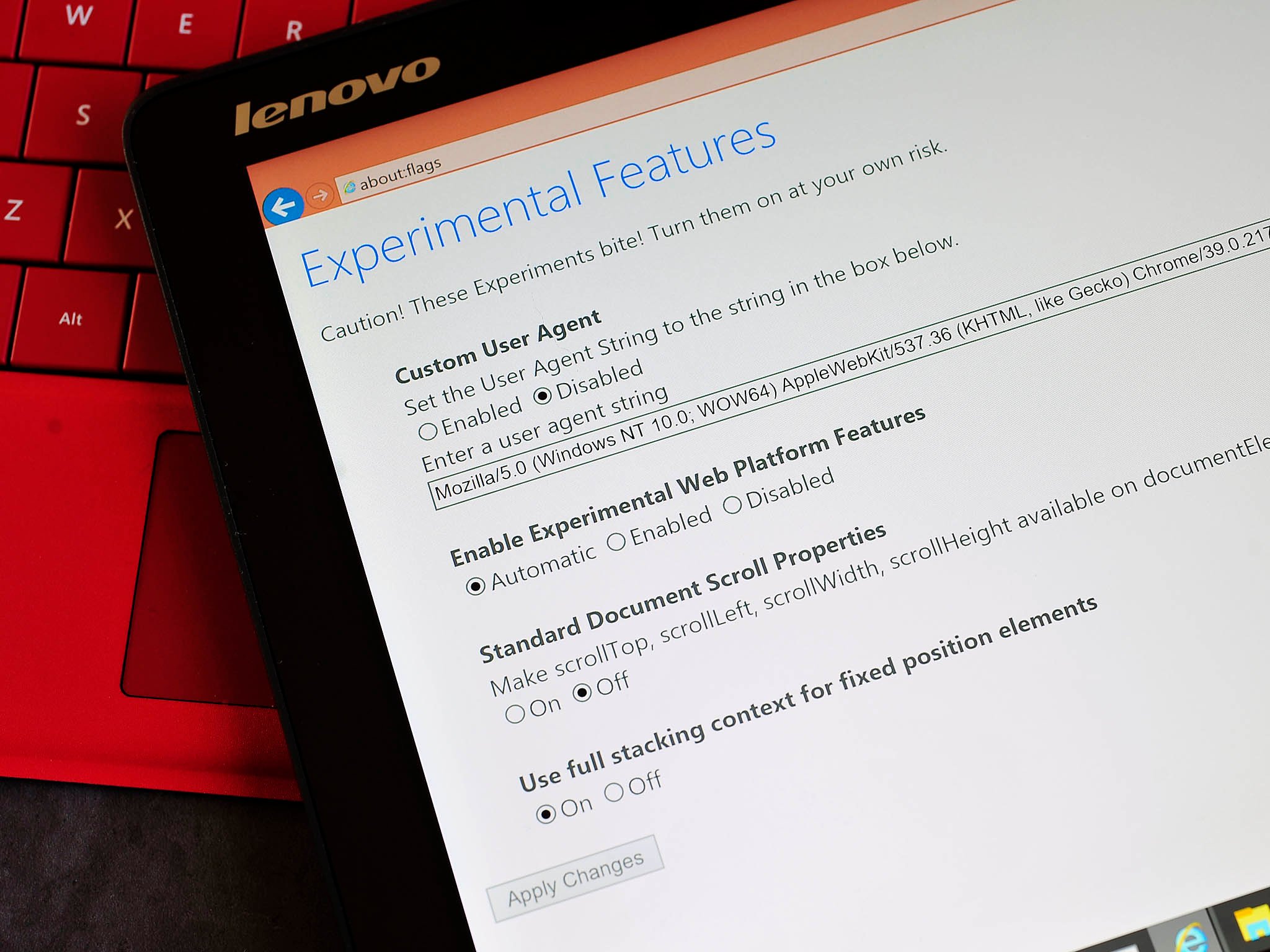Spartan's rendering engine dumps all the old code that bogged down Internet Explorer

All the latest news, reviews, and guides for Windows and Xbox diehards.
You are now subscribed
Your newsletter sign-up was successful
Microsoft is aiming for the Edge rendering engine that will be used in Windows 10's "Project Spartan" web browser to be a "clean slate" compared to the older Trident engine that's available for Internet Explorer.
Jacob Rossi, the senior engineer for Microsoft's web platform team, wrote a somewhat technical article on the Edge engine for the Smashing Magazine site. He stated the current version of Internet Explorer, IE11, supports many modern web standards but its Trident engine also has to deal with legacy support for sites that use older standards. The web platform team wanted to have the Edge engine use the modern standards of IE11 without the burden of legacy issues. Rossi stated:
"In the coming months, swathes of IE legacy were deleted from the new engine. Gone were document modes. Removed was the subsystem responsible for emulating IE8 layout quirks. VBScript eliminated. Remnants like attachEvent, X-UA-Compatible, currentStyle were all purged from the new engine. The codebase looks little like Trident anymore (far more diverged already than even Blink is from WebKit). What remained was a clean slate. A modern web platform built with interoperability and standards at its core. From there, we began a major investment in interoperability with other modern browsers to ensure that developers don't have to deal with cross-browser inconsistencies."
While Project Spartan itself is not available yet in the current 9926 preview build of Windows 10, the new Edge engine can be enabled for its version of Internet Explorer. But what about all those old web sites that might not work with Spartan and Edge? Rossi wrote:
"Internet Explorer will be made available on Windows 10 for some enterprise web applications that require a higher degree of backward compatibility. This version of Internet Explorer will use the same dual-engine approach as Spartan with EdgeHTML the default for the web, meaning developers won't need to treat Internet Explorer and Spartan differently and our standards roadmap will be the same.
Microsoft is currently conducting online surveys to determine the final and official name for the browser.
Source: Smashing Magazine
All the latest news, reviews, and guides for Windows and Xbox diehards.

John Callaham was a former contributor for Windows Central, covering Windows Phone, Surface, gaming, and more.
